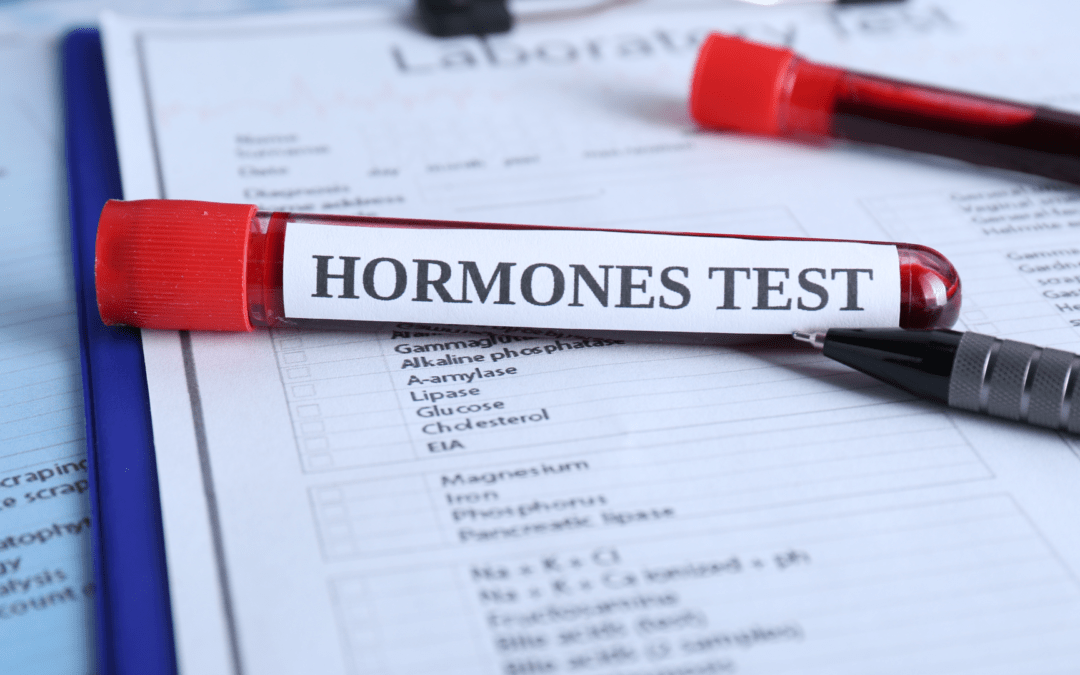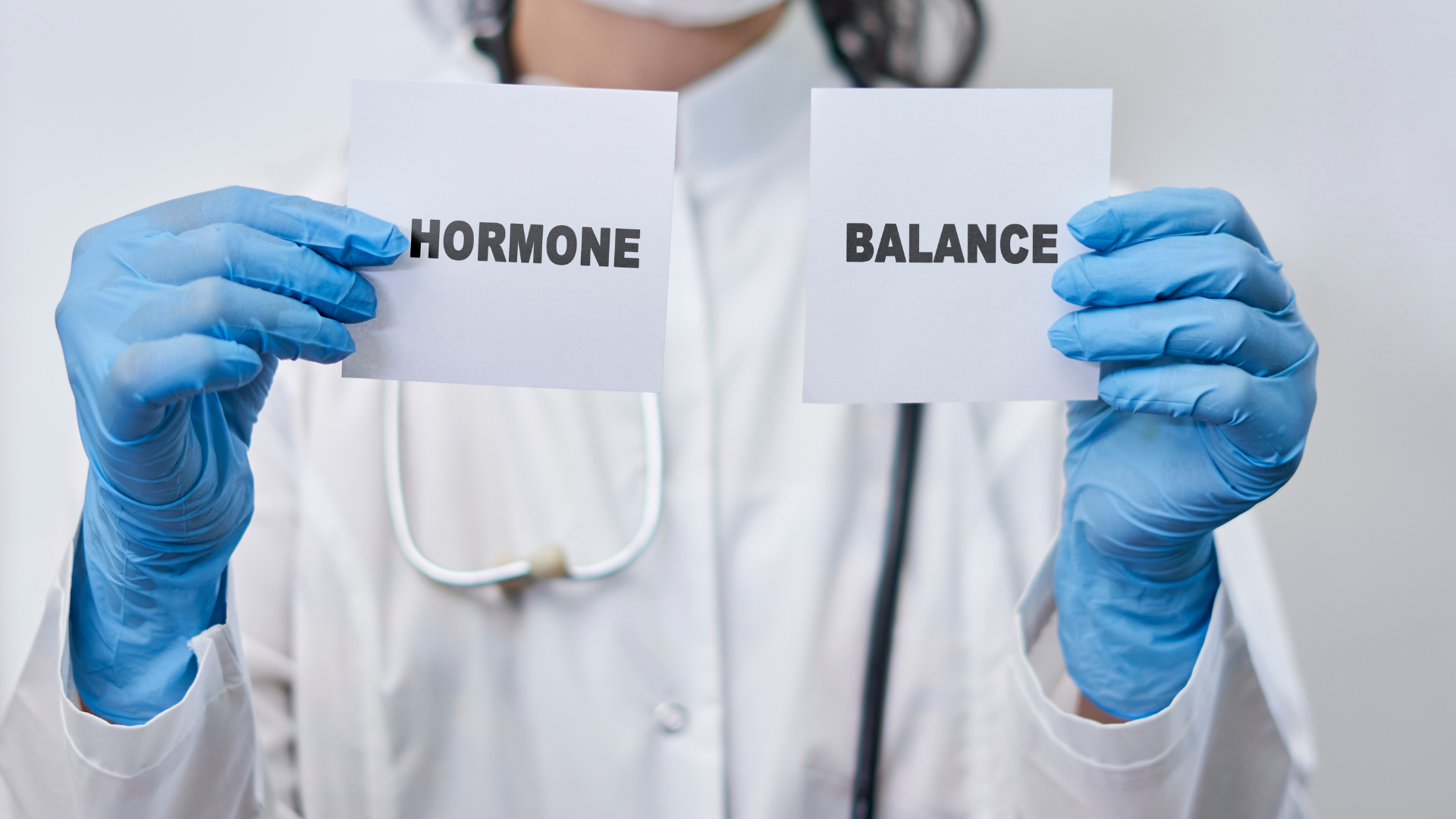Have you ever caught yourself feeling unusually tired, snapping at your partner, or just not wanting to engage? Maybe you’ve been avoiding conversations or intimacy—not because you don’t care, but because something feels off. Here’s something many people don’t realize: your hormones might be behind it.
Hormones control much more than you think. They influence your energy, mood, and even how you connect emotionally. If you’ve been feeling disconnected or just “off,” let’s talk about how hormones could be the missing piece—and what you can do to feel like yourself again.
How Hormonal Imbalances Affect Relationships
1. You Feel Tired All the Time
Hormonal fatigue isn’t your typical “I need a nap” kind of tired. It’s the deep exhaustion that lingers no matter how much you rest. Hormones like thyroid hormones (T3 and T4) and testosterone regulate your body’s energy. When they’re out of balance, even basic tasks can feel overwhelming.
This kind of fatigue makes it hard to fully show up in your relationship. You’re too drained to engage emotionally or physically, which can leave your partner feeling neglected.
2. Your Mood Feels Out of Control
Hormones like estrogen, progesterone, and cortisol (your stress hormone) are key players in stabilizing your emotions. When they’re off, you might feel unusually irritable, anxious, or emotionally flat.
How this shows up in your relationship:
-
- Snapping at your partner over small things.
- Feeling disconnected, even when your partner tries to engage.
- Struggling to explain your feelings, leading to frustration on both sides.
3. You’re Not Feeling Good About Yourself
Weight gain, skin changes, or thinning hair—these physical symptoms of hormonal imbalance can chip away at your confidence. When you don’t feel good about yourself, it’s hard to feel connected in your relationship.
Low confidence might lead you to avoid intimacy or withdraw emotionally, even if your partner hasn’t noticed any changes.
Why Hormones? What Could Be Causing This?
Hormones are messengers that help your body function. But several factors can disrupt them, including:
1. Stress
When you’re under chronic stress, your body releases high levels of cortisol. Over time, this can throw off other hormones like thyroid hormones and even sex hormones. The result? Fatigue, irritability, and trouble sleeping—all of which can impact your mood and relationships.
2. Diet and Nutrition
Your hormones rely on nutrients to stay balanced. For example:
-
- Low magnesium or zinc levels can disrupt thyroid function.
- High sugar intake can spike insulin, leading to mood swings and energy crashes.
If your diet lacks variety or essential nutrients, it could be contributing to your symptoms.
3. Aging and Life Stages
Hormonal changes naturally occur during major life stages, such as:
-
- Postpartum: After having a baby, hormone levels like estrogen and progesterone fluctuate significantly, which can impact mood and energy.
- Perimenopause and menopause: These life stages bring shifts in estrogen and progesterone that can cause irritability, low libido, and fatigue.
- Low testosterone in men: Testosterone naturally decreases with age, leading to low energy, mood changes, and reduced confidence.
Can You Check Your Hormones Naturally?
Yes, you can start paying attention to your body and lifestyle to spot possible hormonal issues. Here’s how:
1. Track Your Symptoms
Keep a journal of how you’re feeling. Note things like:
-
- Energy levels throughout the day.
- Mood changes or emotional shifts.
- Physical symptoms like weight changes, skin issues, or hair thinning.
Over time, you may notice patterns that suggest a hormonal imbalance.
2. Pay Attention to Sleep
Are you waking up tired even after a full night’s sleep? Hormones like melatonin (which helps you fall asleep) and cortisol (which helps you wake up) could be out of sync.
3. Observe Cravings and Appetite
Do you crave sugar or carbs more than usual? This could point to insulin imbalances or stress hormones affecting your appetite.
4. Look at Your Stress Levels
If you’re feeling constantly overwhelmed, your cortisol might be elevated. Chronic stress is a major factor in hormonal disruption.
While these natural observations can give you clues, the best way to confirm a hormonal imbalance is through blood tests ordered by your healthcare provider.
What You Can Do to Feel Better
1. Start the Conversation
Begin by talking with your partner about how you’re feeling. Be honest and open, saying something like:
“I’ve been feeling really tired and out of sorts lately. I don’t think it’s about us—I think it might be something physical.”
This approach helps your partner understand it’s not their fault and invites them to support you on your journey to feeling better.
2. Get Professional Testing
Schedule a visit with your healthcare provider and ask for a hormone panel. These tests can uncover imbalances that might be affecting your energy, mood, and well-being.
-
- Thyroid hormones (T3, T4, TSH): Regulate metabolism and energy.
- Cortisol: Your stress hormone, which affects mood and sleep.
- Sex hormones (testosterone, estrogen, progesterone): Impact libido, mood, and physical health.
According to Harvard Health Publishing, early diagnosis of hormonal imbalances can help you take control of your symptoms before they worsen.
3. Make Lifestyle Adjustments
Move Your Body
Not all exercise needs to be intense to work. Studies have shown that a brisk 20-minute walk or a yoga session can significantly lower cortisol (your stress hormone) and improve mood. Try:
-
- Yoga: Poses like a child’s pose or downward dog help relax your body and mind.
- Walking: A daily walk outdoors also boosts serotonin, especially if you can get some sunlight.
- Strength Training: Builds muscle and supports testosterone levels in both men and women.
Eat Foods That Support Hormones
Focus on meals that stabilize your blood sugar and provide essential nutrients for hormonal health. Include:
-
- Healthy fats: Avocados, nuts, seeds, and fatty fish like salmon improve hormone production.
- Leafy greens: Spinach and kale are rich in magnesium, which supports thyroid function and stress regulation.
- High-protein snacks: Eggs, Greek yogurt, or a handful of almonds keep energy steady and cravings in check.
Skip processed foods and added sugars, which can spike insulin and lead to energy crashes.
Prioritize Sleep
Sleep is your body’s natural reset button. Without it, hormones like cortisol and melatonin go haywire. To improve sleep:
-
- Stick to a consistent bedtime.
- Limit screens an hour before bed—blue light interferes with melatonin production.
- Try relaxation techniques like deep breathing or listening to calming music before sleep.
Why Hormone Therapy Might Be the Answer
If these steps don’t bring relief, hormone therapy could help. This treatment works by addressing the root cause of your symptoms, restoring balance to hormones like thyroid, cortisol, or testosterone. The result? Improved energy, mood, and overall health—making it easier to feel connected in your relationship again.
Final Thoughts
Feeling disconnected or off doesn’t mean something is wrong with you or your relationship. Sometimes, it’s your hormones signaling they need a little extra care. Understanding your body and making small changes can help you regain balance and feel more connected to yourself and your partner.
If you’re looking for additional support, there are options designed specifically for these challenges. Amazing Meds offers tailored solutions, like Hormone Support for Women, which addresses common symptoms like fatigue, mood swings, and low confidence. It’s about giving your body the tools it needs to feel good again—not just physically, but emotionally too.
At Amazing Meds, we believe in walking alongside you on your journey to better health. If you’re ready to feel like yourself again, we’re here to help. Explore your options and take the first step toward balance and connection. Schedule your consultation today.

Celeene Rae
Writer & Blogger @ Amazing Meds




0 Comments